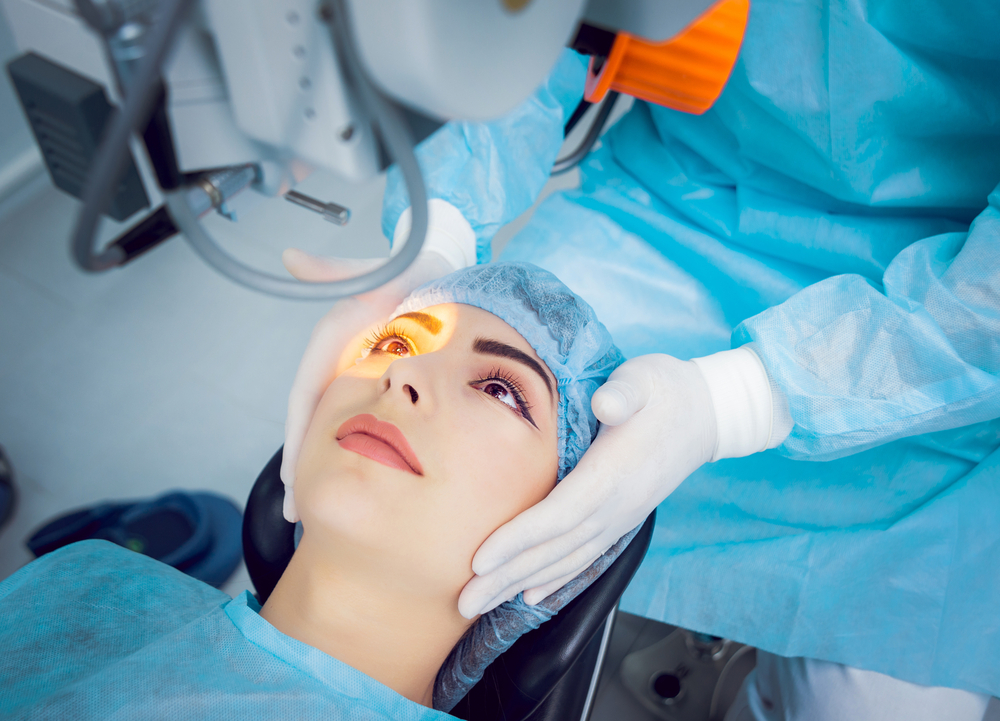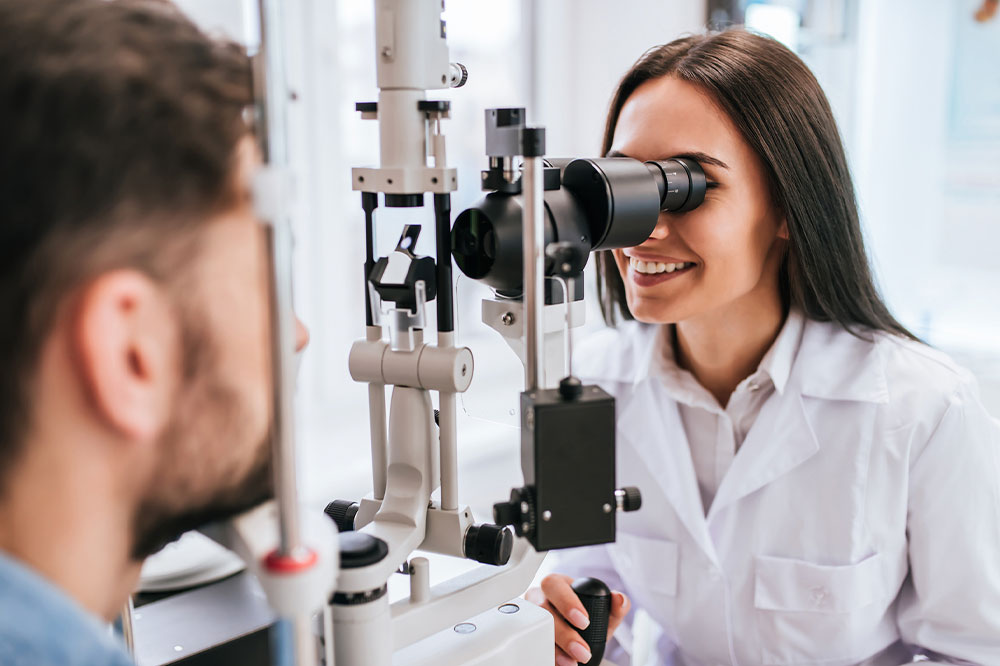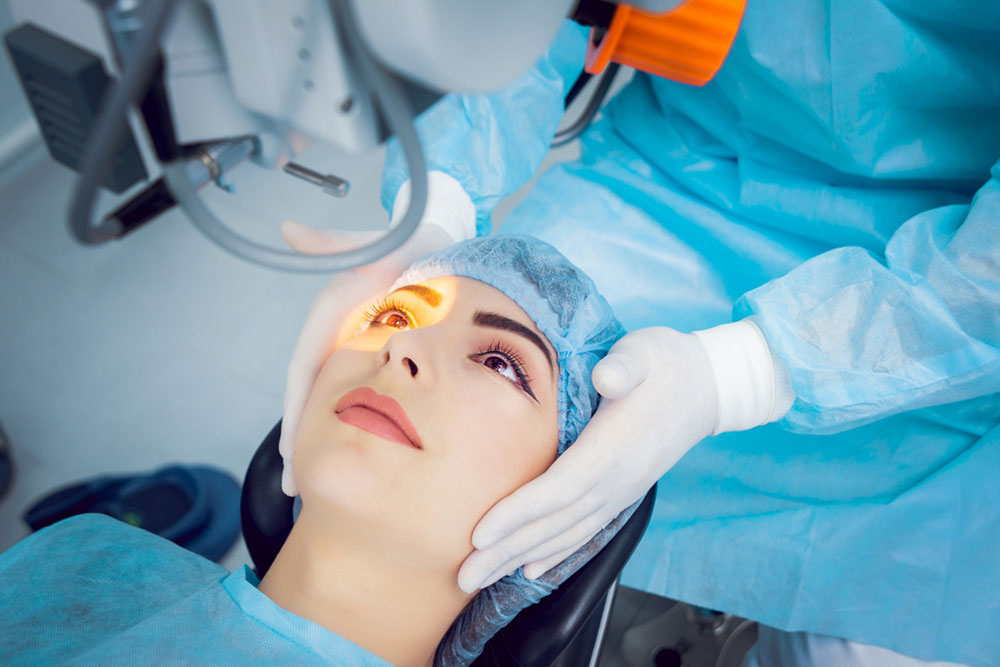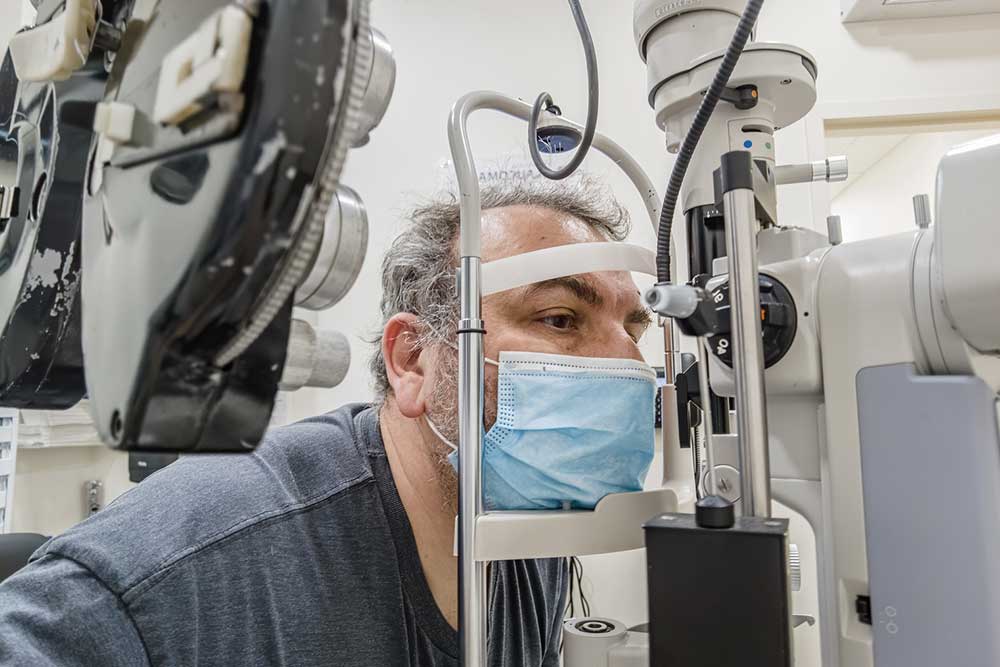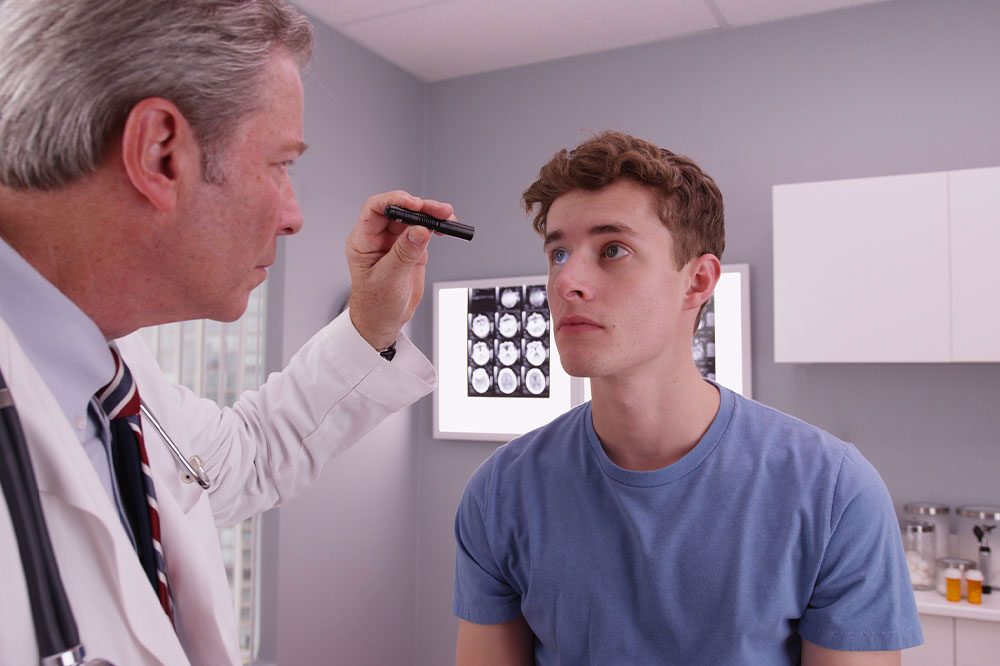Choosing the Right Cataract Surgeon: Key Qualities for Optimal Vision Restoration
Choosing the right cataract surgeon is crucial for successful vision restoration. This guide highlights essential qualities such as expertise, credentials, reputation, communication, and logistical considerations. By assessing these factors, patients can make informed decisions, ensuring a smooth surgical experience, optimal results, and improved quality of life after their cataract procedure.

Choosing the Right Cataract Surgeon: Key Qualities for Optimal Vision Restoration
When it comes to restoring clear vision through cataract surgery, selecting a highly qualified and experienced surgeon is paramount. The success of your procedure significantly depends on the expertise, professionalism, and care provided by your ophthalmologist. With so many options available, knowing what to look for will help you make an informed decision and ensure a positive surgical experience. This comprehensive guide explores critical attributes to consider when choosing a cataract specialist, whether you’re seeking local expert care or aiming for renowned specialists to handle your procedure.
Extensive specialization in cataract procedures
One of the most important factors is the specialist’s focus on cataract surgery and lens replacement techniques. Surgeons with dedicated training and extensive experience in ophthalmology—especially in cataract removal—possess the necessary skills to manage diverse cases and adapt to individual patient needs. They stay updated with the latest surgical methods, including laser-assisted cataract surgery, advanced intraocular lens (IOL) options, and minimally invasive techniques, which can significantly enhance visual outcomes and recovery times.
Professional development is continuous, and top cataract surgeons regularly update their skills through training courses, workshops, and conferences. Choosing a specialist who invests in ongoing education ensures they are familiar with cutting-edge techniques and new technologies, ultimately translating into safer procedures, fewer complications, and improved visual outcomes for you.
Accreditations and professional qualifications
Verifying your surgeon's credentials is essential. Look for board certification in ophthalmology, which confirms they have met rigorous standards of training, knowledge, and ethical practice. Certification from reputable organizations indicates adherence to the highest professional standards. Additionally, memberships in advanced medical societies and associations, such as the American Academy of Ophthalmology, demonstrate a commitment to staying current with industry standards and innovations.
Certifications and continuous learning memberships are only indicators of credibility; they also reflect the surgeon’s dedication to excellence and patient safety. These credentials often involve rigorous testing and adherence to updated guidelines, offering you reassurance of their competence and professionalism.
Reputation and patient testimonials
Patient feedback and reviews provide valuable insights into a surgeon’s quality of care. Investigate online review platforms, testimonials, and ratings to gauge patient satisfaction levels. Successful surgeries, compassionate treatment, clear communication, and good follow-up care are signs of a reputable specialist. Consistently positive feedback and high ratings suggest a surgeon who delivers reliable results and prioritizes patient well-being.
Seeking referrals from trusted sources
Personal recommendations can be incredibly helpful. Ask your primary care physician, trusted friends, or family members who have undergone cataract surgery for suggestions. Their firsthand experiences can help you identify surgeons known for professionalism and excellence. While referrals are a valuable starting point, pairing them with your own research ensures you select a specialist aligned with your specific needs and expectations.
Effective communication and personalized care
A good surgeon should be an excellent listener, explain procedures in understandable terms, and address your concerns compassionately. Effective communication reduces anxiety, helps you make informed decisions, and fosters trust between you and your healthcare provider. Choose a surgeon who values your questions and provides clear, comprehensive explanations about the surgery and recovery process.
Clinic location, accessibility, and scheduling flexibility
Convenience matters. Select a surgeon whose clinic location is easily accessible and offers flexible scheduling options for pre-operative appointments, the surgery itself, and post-operative follow-ups. Ease of access facilitates smoother care coordination, minimizes travel stress, and ensures timely follow-up care, which is critical for monitoring recovery and addressing any complications.
Financial considerations and insurance coverage
Understanding the full costs involved is essential. Discuss the total expenses, including pre-surgical assessments, the procedure, anesthesia, post-op medications, and follow-up visits. Confirm whether your insurance policy covers these costs and if any pre-authorizations are necessary. Transparent discussions about fees prevent financial surprises and allow you to plan accordingly.
Balancing affordability with quality of care
While budget constraints are a reality, prioritize quality and surgeon expertise over choosing solely on the lowest price. Investing in a skilled, reputable surgeon increases the likelihood of successful surgery and optimal vision restoration. Seek providers who offer good value—combining reasonable fees with a proven track record of high-quality results—so you can feel confident in your decision.
Summary and final considerations
In conclusion, selecting the right cataract surgeon requires careful evaluation of their clinical skills, certifications, reputation, communication style, and logistical factors like location and costs. Taking a comprehensive approach ensures a smooth surgical experience and the best possible visual outcome. By prioritizing expertise, professionalism, and personalized care, you set the foundation for a successful recovery and improved quality of life.
